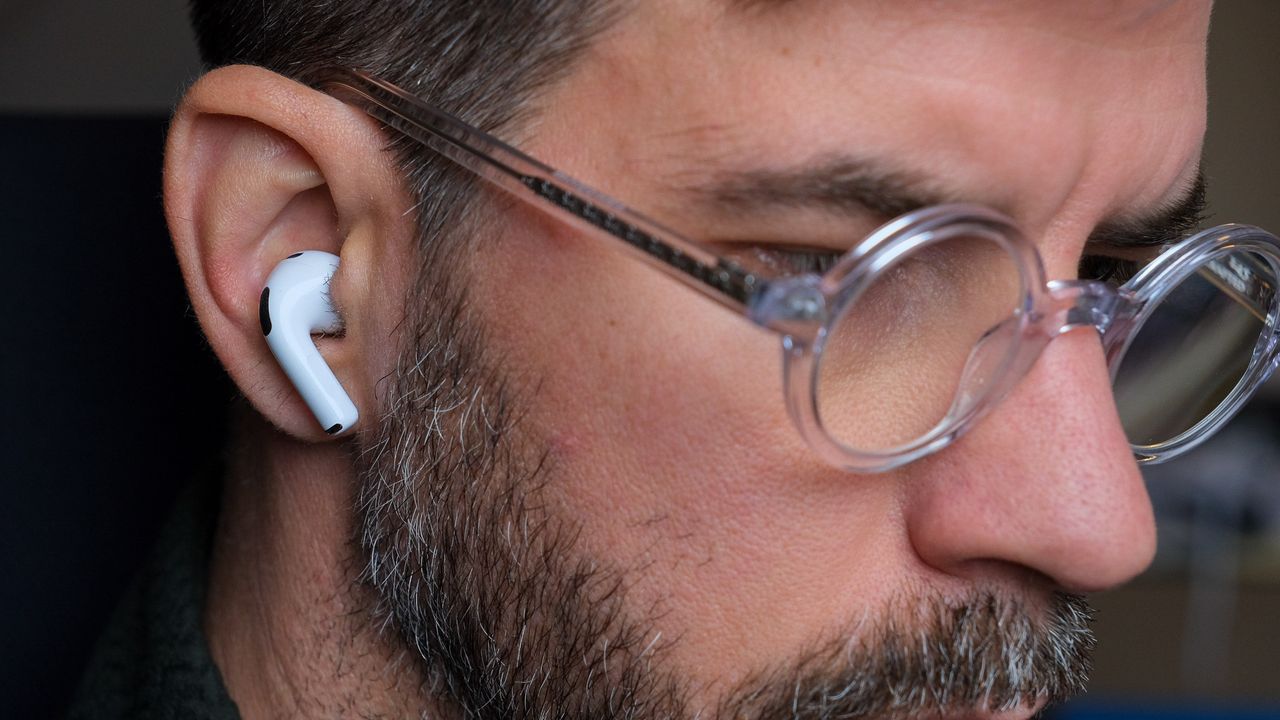A Research Leader Behind ChatGPT’s Mental Health Work Is Leaving OpenAI
NeutralTechnology

- A key research leader involved in ChatGPT's mental health initiatives is departing from OpenAI, raising concerns about the future of AI safety research, particularly in crisis response scenarios. This change comes as OpenAI continues to navigate the complexities of AI's impact on mental health and user interactions.
- The departure of this leader could significantly affect OpenAI's approach to AI safety, especially regarding how ChatGPT engages with users in distress. This transition highlights the ongoing challenges the company faces in balancing innovation with ethical considerations in AI deployment.
- The broader implications of this leadership change resonate with ongoing debates about AI's psychological effects on users, including concerns over potential delusions and emotional reliance on AI systems. As OpenAI expands its offerings, including a free version of ChatGPT for educators, the need for robust safety measures and ethical guidelines becomes increasingly critical.
— via World Pulse Now AI Editorial System







